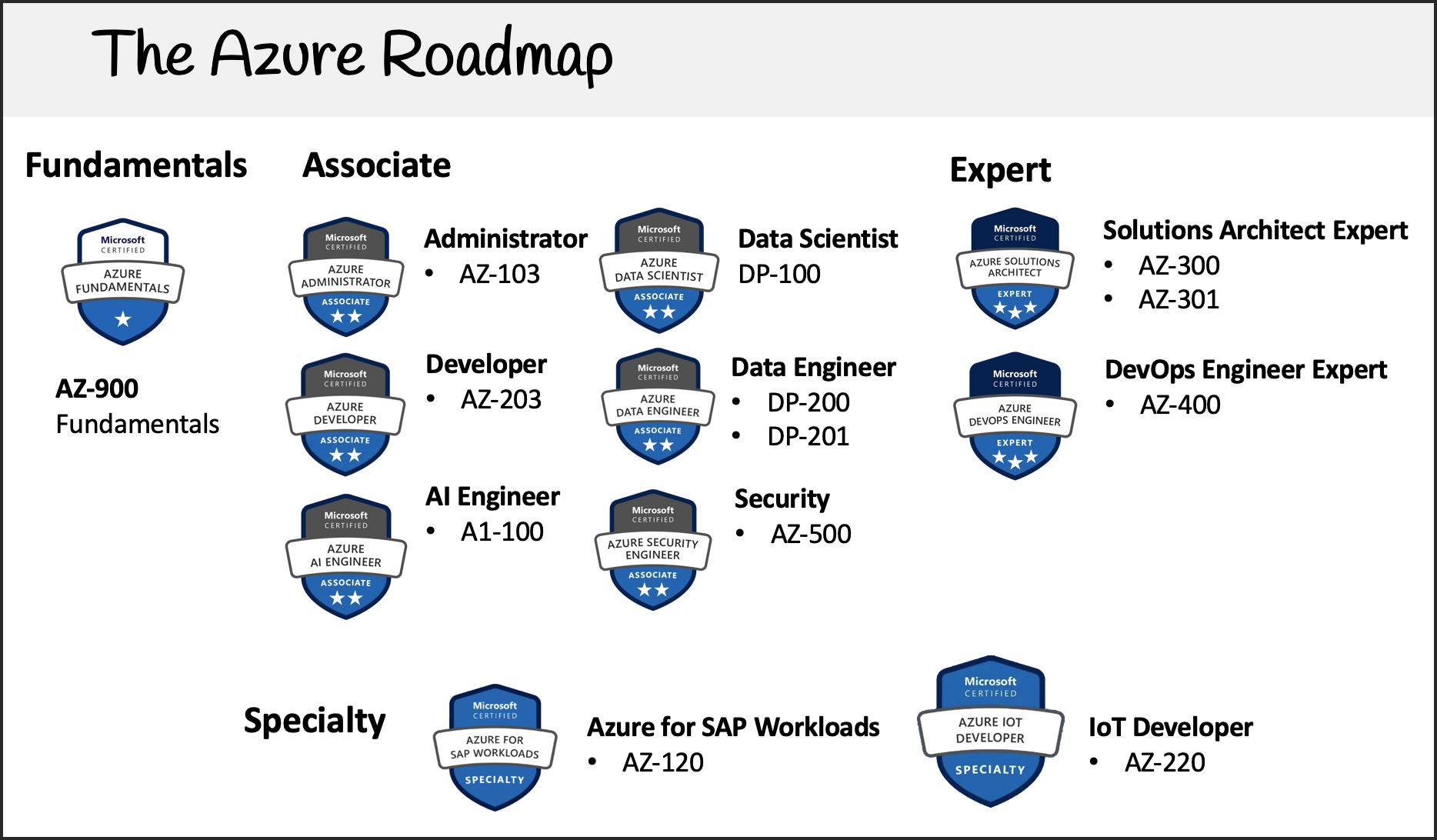By Andrew Brown
What is Microsoft Azure?
Microsoft Azure is a cloud service provider. A cloud service provider (CSPs) is a technology company that offers multiple cloud services. Azure has listed over 600 cloud service offerings, from computing to storage to databases to machine learning.
Azure is the second most popular cloud platform behind Amazon Web Services (AWS). Still, many long-lived or large tech companies are embracing both cloud platforms. This may be because Azure is able to compete on cost, niche cloud-offerings, easy integration, and developers' familiarity with Microsoft software.
Azure has three competitive advantages when compared with other cloud platforms like AWS and Google Cloud.
Advantage #1: Azure and Microsoft have invested heavily in Developer Tools
Microsoft developed the most popular code editor to date, Visual Studio Code.
They also acquired GitHub and ported its functionality directly into Azure.
Microsoft also owns Minecraft, and has used it as a tool to onboard young developers to programming and cloud computing.
Advantage #2: Microsoft Active Directory
Many companies have invested in Active Directory to control access to software and workstations. Now, they can easily extend that to the Azure cloud and not have to learn a new tool for managing access.
When you want to sell software to large companies, a general requirement for purchase is to perform Single-Sign-On with Microsoft Active Directory, and Azure has the hometown advantage here.
Advantage #3: Machine Learning and Artificial Intelligence
I think AWS has a better offering for ML and AI, but Azure has done a better job making its offerings more palatable to tech companies.
Azure divides their AI services into many small isolated services, and they have certifications for data-based roles at the Associate tier. This makes these roles feel more obtainable to aspiring developers.
The Azure Foundations Certification
The Azure Foundations certification is the entry-level cloud certification for Mircosoft Azure. It is commonly referred to by its course code, the AZ-900.
The exam covers the following domains:
- Cloud Concepts
- Azure Core Services
- Security, Privacy, Compliance and Trust
- Pricing and Support
The average study time – even for people who are new to cloud development – is only one week of study.
There is also some knowledge transfer if you have already earned the AWS Cloud Certified Practitioner (AWS's entry-level certification). But don't expect to pass the AZ-900 without studying.
Microsoft and Azure previously had Certifications that were service specific, but they have changed to role based Certifications (certifications based on job title).
Here are all the Azure role based: available certifications:
- Azure Fundamental (AZ-900)
- Azure Administrator (AZ-103)
- Azure Developer (AZ-203)
- Azure AI Engineer (AI-100)
- Azure Data Scientist (DP-100)
- Azure Data Engineer (requires both the DP-200 and DP-201)
- Azure Security (AZ-500)
- Azure Solutions Architect Expert (requires both the AZ-300 and AZ-301)
- Azure DevOps Engineer Expert (AZ-400)
- Azure for SAP Workloads (Az-120)
- Azure IoT Developer (Az-220)

How do you get the certification?
You obtain certification by paying the exam fee, and sitting the exam at a test center partnered with Microsoft Azure.
Microsoft Azure is partnered with Pearson Vue, a network of test centers around the world. Pearson Vue allows you to sit the exam in person or online. To sit the exam online, you need to ensure you have a quiet, clutter-free room and a working web-camera.
Microsoft has a portal page on Pearsue Vue where you register and book your exam.
The exam fee is $99 USD.
Can I simply watch the videos and pass the exam?
For the entry-level certification, yes, it is possible to pass by just watching videos if you already have a technical background.
For more difficult certification levels starting at the Associate level, it is necessary to use paid practice exams by third-party providers.
The exam has 40 to 60 questions with a timeline of 1 hour.
A passing grade is around 70%.
It is common for most people new to cloud development to score 40% on their first-practice exam attempt, 65% on their second attempt, and a passing 85% on their third attempt.
I would say it's not necessary to score above 90%. If you are in the 75-85% range, you are ready to sit your exam.
If you are going to use paid practice exams, please consider using Exam Pro's practice exams since the funds will go directly goes toward helping me produce more free cloud courses.
The Free Azure Foundations Video Course
My course will remain free forever. And it's ad-free, too.
This free course is nearly 3 hours in length. It includes hands-on exercises. You can follow along and set up your own Azure Cloud account.
Together, we will explore the Networking, Computing, Storage and Database services.
You can create an Azure Cloud account for free. You will have to provide a valid credit card to complete the registration. Azure gives you $200 USD credits for 30 days for new accounts. You can be charged if you use outside the free-tier or the provided Azure credits. This said, the free subscription account has many limits in place to help you avoid overages and misspending.
If you are a student, you can sign up using your student email and apply for student access. Students require no credit card, and Microsoft gives you USD $100 credits, and their account is sandboxed, meaning you will never be billed unless you choose to leave the sandbox.
Then at the end of the course, I'll show you how to book your exam.
OK – now you know everything you need to get started with your Azure Cloud Certification journey.
Head on over to freeCodeCamp's YouTube channel to start working through the full 3-hour course.
